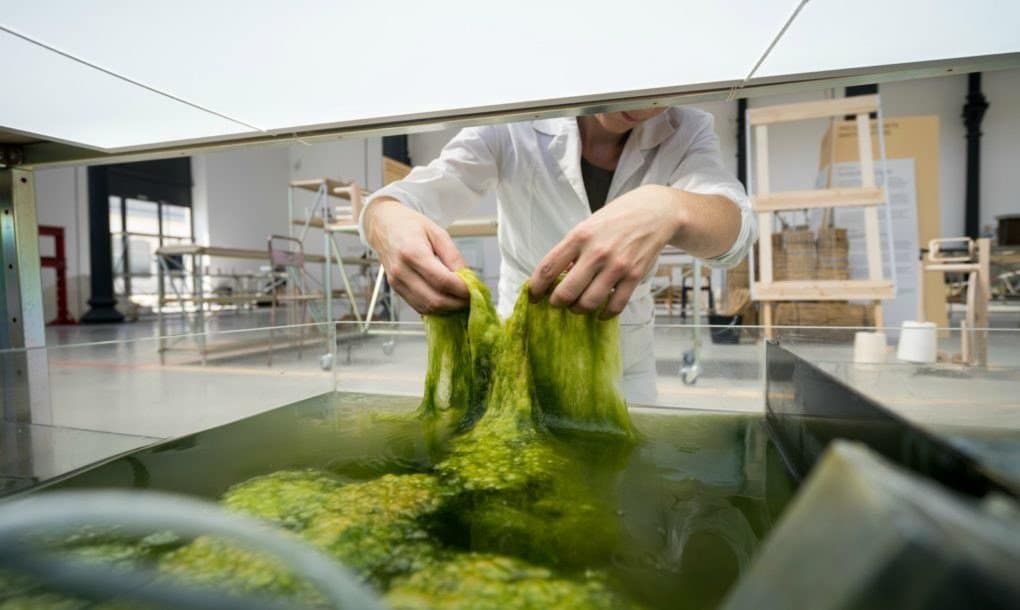Joshua Yuan, Ph.D., AgriLife Research Scientist and Professor and Chair of Synthetic Biology and Renewable Products, Department of Plant Pathology and Microbiology, College of Agriculture and Life Sciences, Texas A&M University, and team effectively accomplished in an outdoor experiment is 43.3 g/m2 per day of biomass productivity, which would be a world record. The most recent DOE target range is 25 g/m2 per day.
The prediction model enabled the repeated harvest of artificial algae using hydroponics to maintain the fast growth at the ideal density to facilitate the best light availability, Professor Yuan stated.
“The commercialization of algal biofuel has been hindered by the relatively low yield and high harvesting cost. The limited light penetration and poor cultivation dynamics both contributed to the low yield,” Mr. Yuan added.
Surpassing these challenges could allow sustainable algal biofuels to decrease carbon emissions, alleviate climate change, ease petroleum dependency and change the bioeconomy, Yuan said.
Algae can be used as an alternative energy source for many industries, including biofuel and as jet fuel.
“Algae is a good alternative fuel source for this industry. It’s an alternate feedstock for bioethanol refinery without the need for pretreatment. It’s lower cost than coal or natural gas. It also provides for a more efficient way of carbon capture and utilization,” Yuan said.
mh/pll/oda/znc










